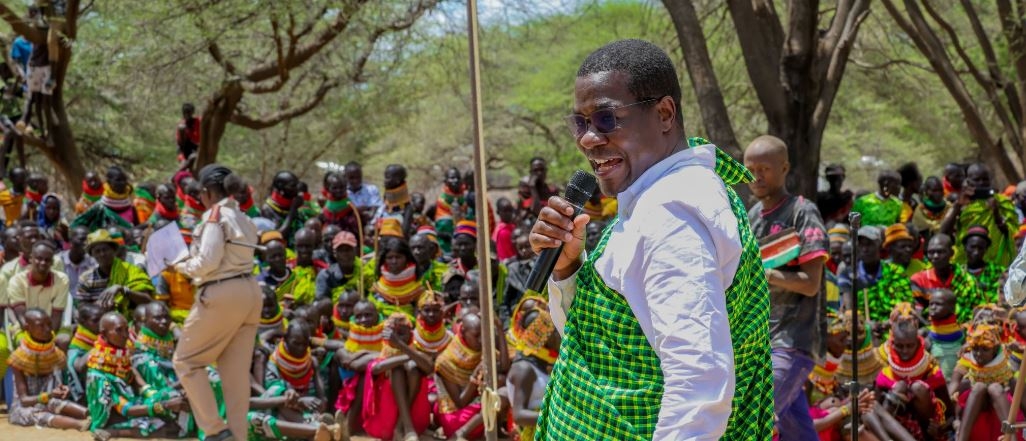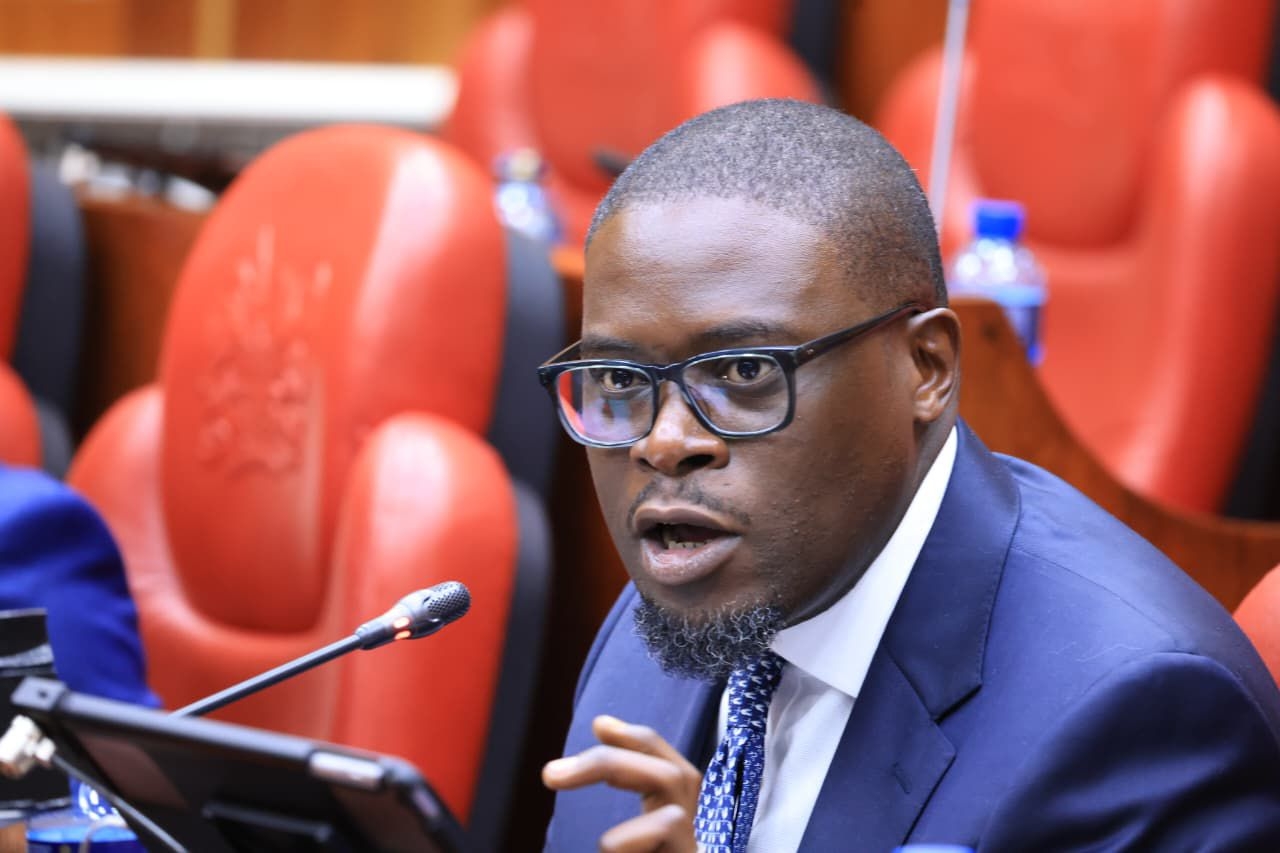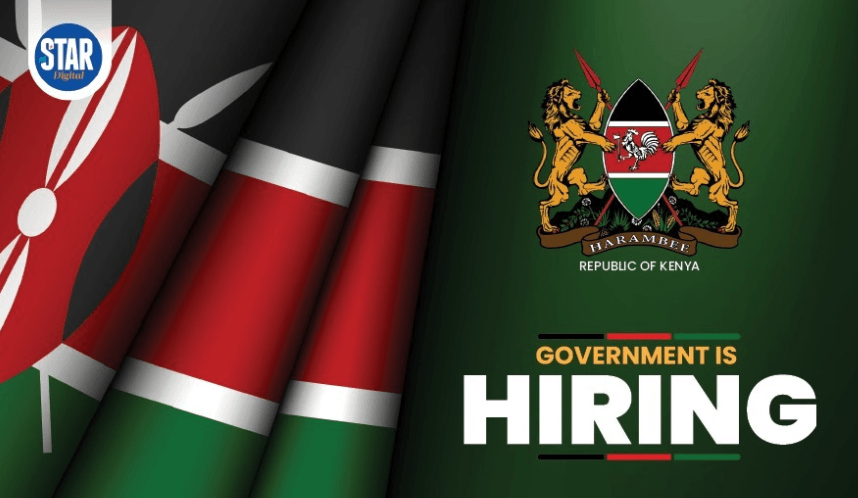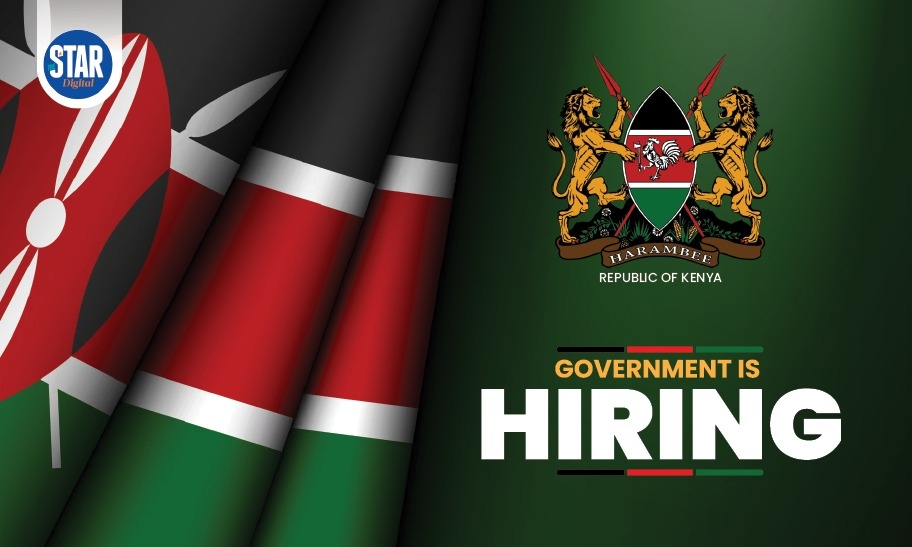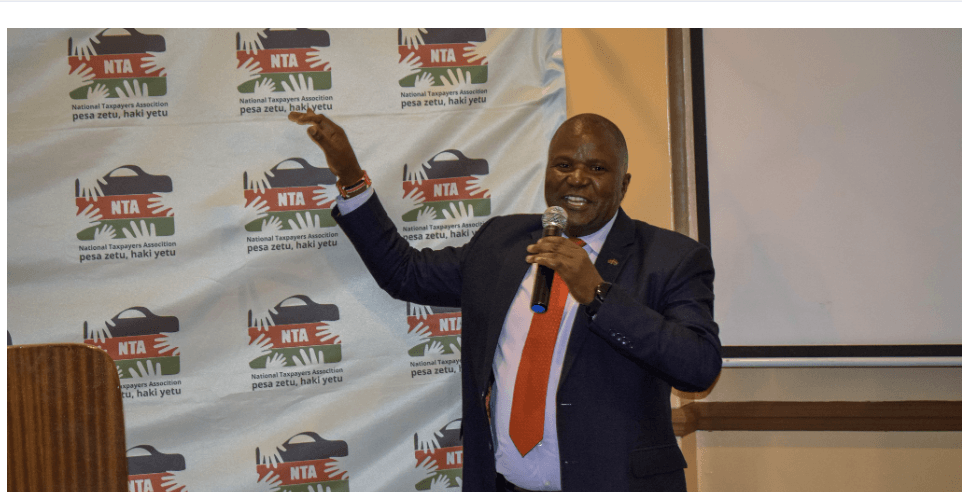With the complexities of the Kenyan budget 2024-25, no time has ever been more important than this time. Economic stability and growth in the country will be influenced by decisions made today.
But there is still room for a budget that captures our immediate concerns and sets up a foundation for sustainable development despite huge challenges.
The country’s fate concerning this year’s budget hangs in balance as seen from the rejection of the Finance Bill. The Bill usually highlights the government’s plans for revenue generation, which involves taxes, levies and other charges. Therefore, when these sources are not realised it means that there will be a wider fiscal deficit.
Looking at Kenya’s young population, specifically Generation Z, you see hope for a brighter future. Their involvement in matters related to budgets remains minimal, nonetheless. This segment constitutes almost 40 per cent of our population; they are more than just tomorrow; they are today with unique insights and innovative ideas that can catalyse economic reforms.
Engaging Gen Z in budget talks is not just about being inclusive – it also means tapping into the vast potential of what might become tech-savvy entrepreneurial global citizens.
We could make the budget represent all Kenyans by actively involving them in public forums, online consultations and decision-making processes. Also, their participation can bring about new ideas on how to reconcile economic growth with environmental sustainability, which is of great concern for their future.
The country’s public debt has risen to dangerous levels standing at over Sh10 trillion. Interest payments alone take up a huge part of our national income leaving little left for essential services and development projects. Therefore, the 2024-25 budget must incorporate stringent austerity measures to rein in this unsustainable trajectory.
Austerity does not mean skimping on basic services but involves a meticulous review of expenditure prioritising value for money and eliminating waste.
For example, non-essential government travel, bloated delegations and redundant programmes must be cut back or abolished. Furthermore, there should also be a renewed crackdown against corruption and inefficiency that siphon off billions otherwise meant to improve healthcare, education and infrastructure, among others.
However necessary austerity is; it must be offset by strategic investments in development. There should be a robust development budget that addresses Kenya’s immediate needs and unleashes its growth potential.
For instance, sectors such as technology, renewable energy and agriculture should be prioritised since they have the potential to yield high returns.
By investing in technology, Kenya can become a leading innovation and digital entrepreneurship hub. Start-up support, improvement of internet infrastructure and a conducive environment for tech businesses will create employment opportunities and attract foreign investments.
The investment in renewable energy will not only address the energy deficit but also position Kenya as a leader in sustainable development, aligning with global trends and attracting green financing.
Kenya’s economy relies heavily on agriculture, which needs modernisation. By investing in smart farming technologies the use of irrigation systems and value addition, we can increase productivity, ensure food security and enhance export revenues.
These investments should be accompanied by training programmes that foster the adoption of new technologies and best practices among farmers.
In Kenya, the unemployment rate is approximately 10.4 per cent with youth unemployment being higher than this. Job creation through supporting small and medium enterprises, which are the largest employers, must take precedence in the 2024-25 budget. This will enable the creation of job opportunities through SMEs.
The provision of affordable credit access reduction of bureaucratic bottlenecks and offering tax incentives would empower SMEs to expand by hiring more people.
The central focus should also be on poverty alleviation. Social protection programmes, such as cash transfers to vulnerable populations, can offer immediate relief while long-term measures are put in place for this. Furthermore, the cycle of poverty can be broken by improving the accessibility of quality education and healthcare, hence, enabling people to participate in the economy.
Kenya has an opportunity to start anew with its 2024-25 budget. The budget can be tailor-made in a manner that shall address current challenges and lay the foundation for a better future through incorporating detailed Gen Z participation, implementing necessary austerity measures and investing in development.
There is still time to make difficult decisions and bold choices that will ensure Kenya’s budget is truly tailored for its people and put it on a path towards sustainable growth.




